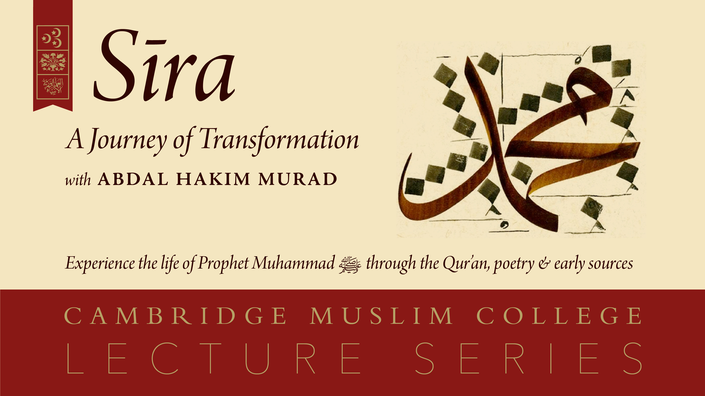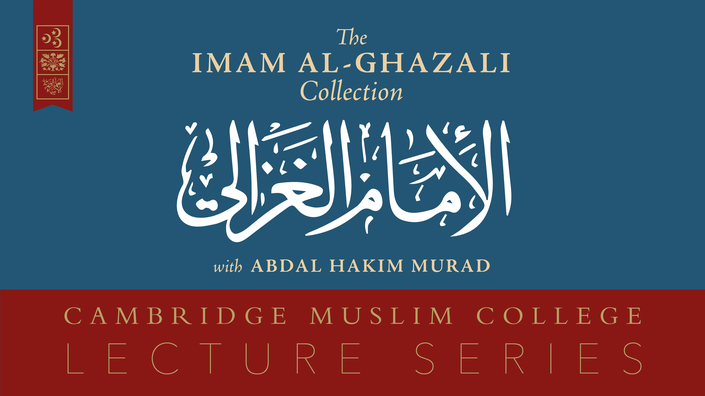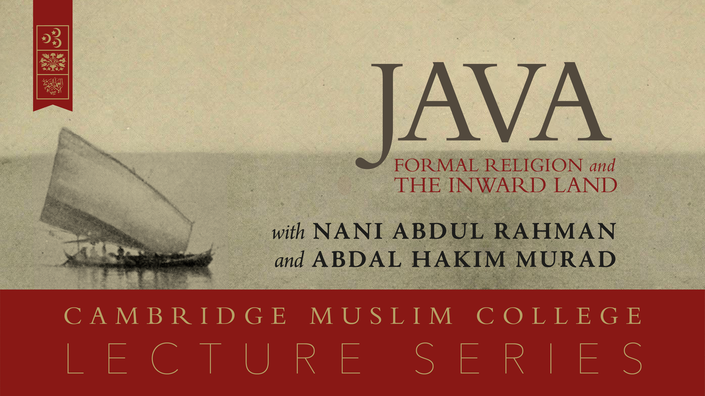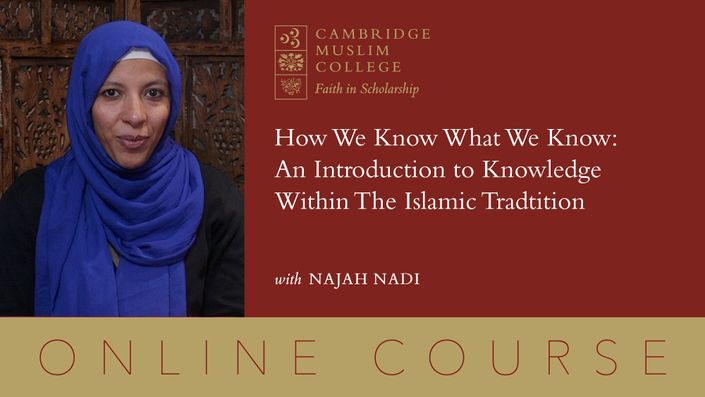
This course introduces the topic of knowledge (‘ilm) within the Islamic tradition. Starting with the philosophical outline of human natural faculties and our ability to apprehend various objects of knowledge, it proceeds to the practical implications of understanding and evaluating scholarly opinions.
The course covers core aspects of the Islamic conception of knowledge, its sources (reason, revelation, inspiration), and how these sources are utilised in the various Islamic disciplines.
It extracts some of the most important modes of thinking from our tradition, using major classical manuals of:
- Islamic philosophy (ḥikma)
- Islamic theology (kalām)
- Islamic legal theory (uṣūl al-fiqh)
- and logic (manṭiq)
The course will enable students to formulate proper questions, appreciate and evaluate Islamic scholarly views and the methodology implicit in them. While introducing key scholars within the fields discussed, it will provide recommended readings for further understanding of the topics covered.
There are no prerequisites for this course. It is suitable for people of all backgrounds with a general familiarity with Islam. Registered users will be invited to an annual online workshop in which they can pose course related questions to the instructor.
Your Instructor
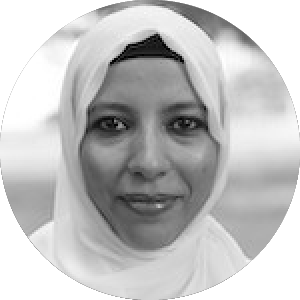
Dr Najah Nadi is a traditionally trained academic with over two decades of learning experiences and over a decade of teaching experience. Her research focuses on Islamic classical theories of knowledge across disciplines of philosophy, theology, law, and spirituality, as well as fatwas and fatwa institutions.
Dr. Najah holds a D.Phil. from the University of Oxford, focusing on the scholarship of the immanent Persian polymath Saʿd al-Dīn al-Taftāzānī (d. 792/1390). She also holds an M.A. in Religious and Theological Studies from Boston University, as well as a B.A. in Islamic Studies from al-Azhar University in Cairo. Dr. Najah has completed several years of traditional training at al-Azhar Mosque, receiving teaching licenses (ijāzāt) in various Islamic sciences. Dr. Najah has served as a junior fellow at the Holberg seminar on Islamic history at Princeton University from 2015-2019, a fellow of peace and reconciliation at Virginia Theological Seminary from 2017-2021. Her teaching courses include Islamic legal theories, classical logic and ontology and Islamic spirituality and ethics.
See Dr Najah's full bio here.
Curriculum
-
StartSession 1: Knowledge is Divine (30:20)
-
StartSession 1: Reflection Exercise, Quiz & Further Reading
-
StartSession 2: Human nature and faculties, and the acquisition of knowledge (38:13)
-
StartSession 2: Reflection Exercise, Quiz & Further Reading
-
StartSession 3: Knowability of knowledge & the objects of knowledge (35:39)
-
StartSession 3: Reflection Exercise, Quiz & Further Reading
-
StartSession 1: The structure of knowledge and its justification (53:47)
-
StartSession 1: Reflection Exercise, Quiz & Further Reading
-
StartSession 2: The act of reasoning: speculative inquiry (naẓar) (44:19)
-
StartSession 2: Reflection Exercise, Quiz & Further Reading
-
StartSession 3: Knowledge justification (proofs) (51:13)
-
StartSession 3: Reflection Exercise, Quiz & Further Reading
-
StartSession 4: Cont. Knowledge justifications: the dialectical process (60:31)
-
StartSession 4: Reflection Exercise, Quiz & Further Reading
-
StartSession 5: Reason and revelation and the power of language (46:42)
-
StartSession 5: Reflection Exercise, Quiz & Further Reading
Get started now!
All prices are in USD – click here for the approximate equivalent in your local currency.
For the last 10 years Cambridge Muslim College has been training scholars, producing academic research and developing educational programmes for the community.
By paying for this Course you are supporting us to continue building a legacy of Islamic excellence for the next decade.
Alternatively, donate today at cambridgemuslimcollege.ac.uk.

